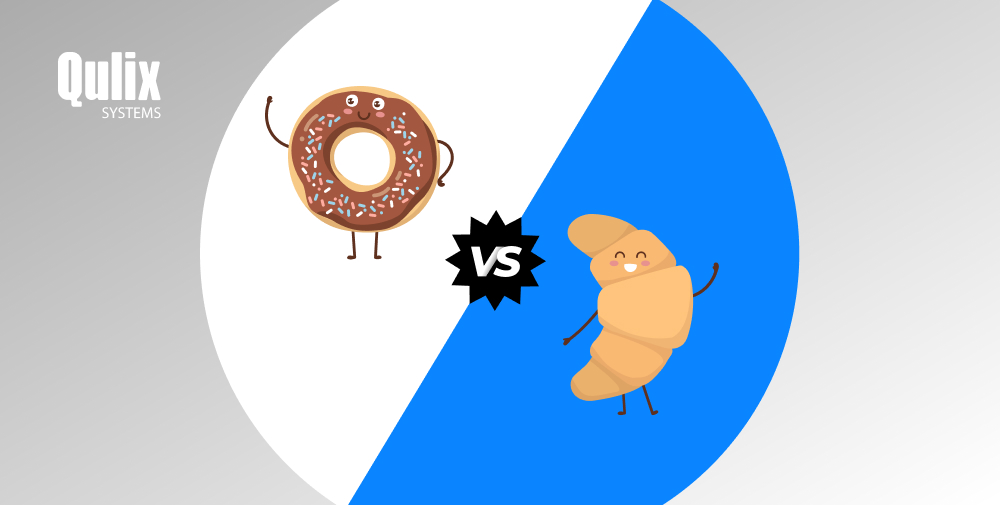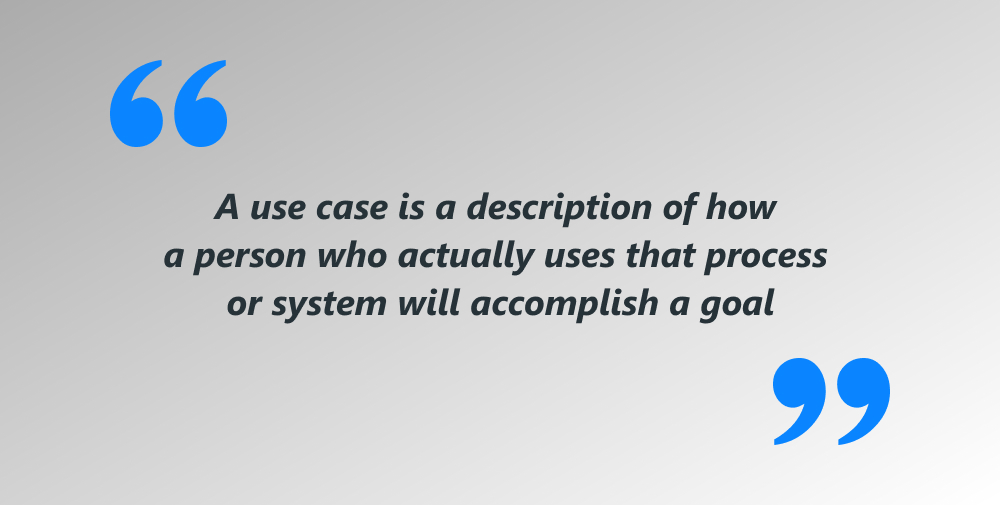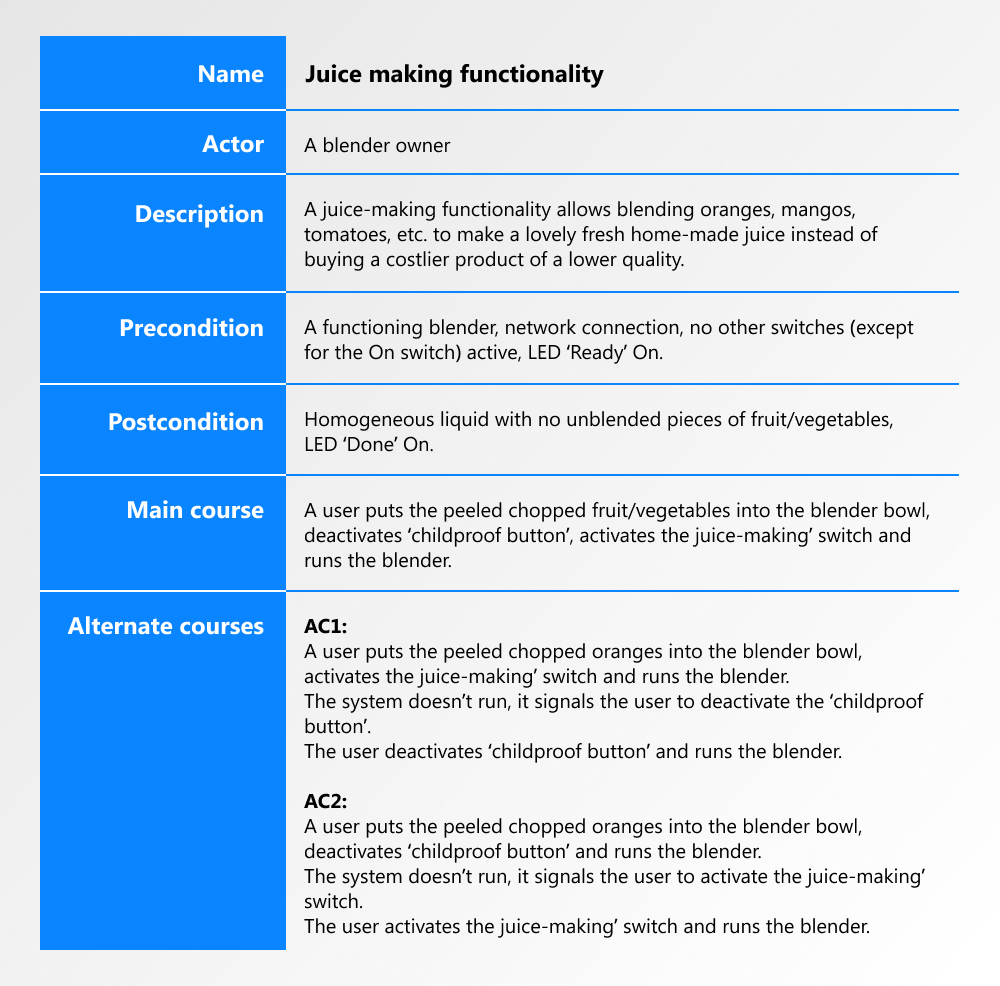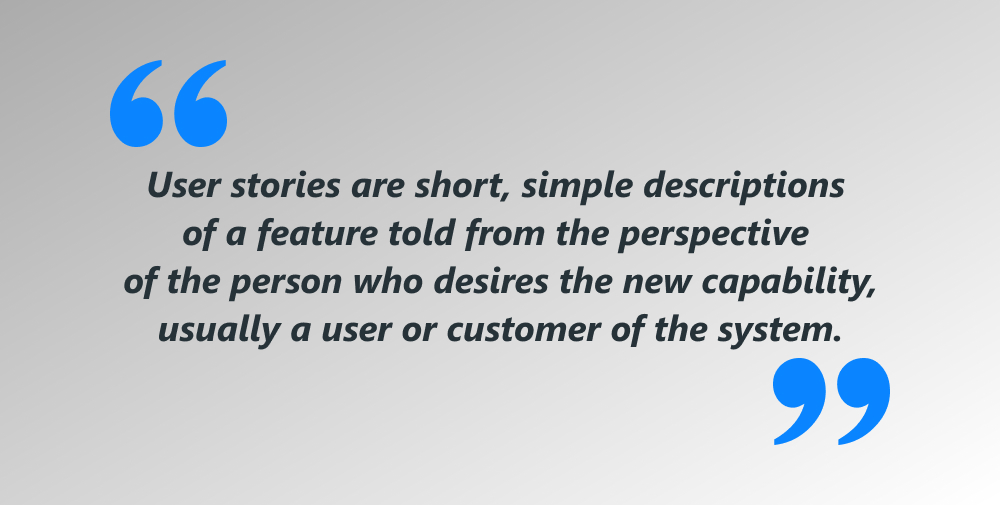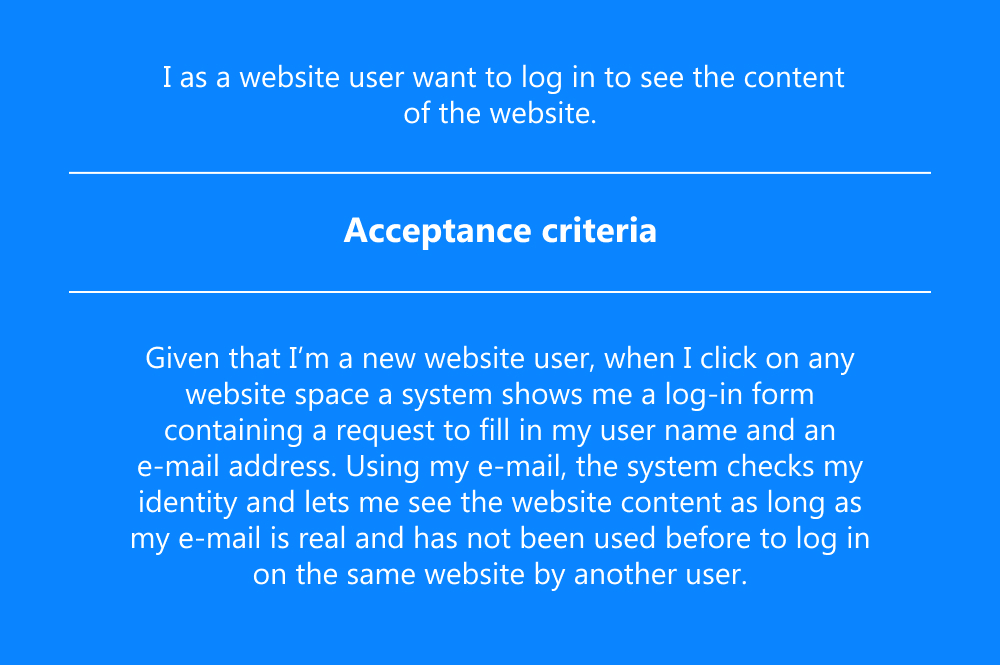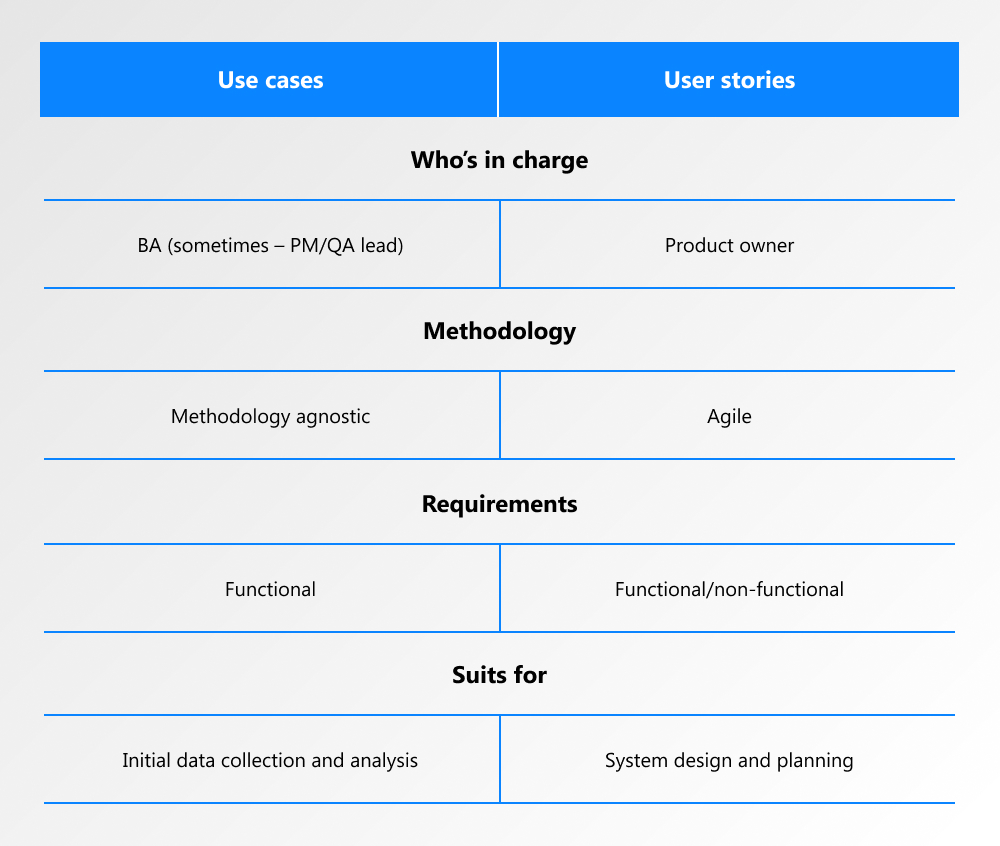You may have heard the terms user stories and use cases many times, but never actually dived deep enough to understand what they really mean for the software development process. Both are important, and when comparing User Stories vs Use Cases you should understand that they bring different value. So, what is a use case and what is a user story? Why do you need both of them and which matches which purposes the best? Read on for the answers!
written by:
Veronica Chizh
You may have heard the terms user stories and use cases many times, but never actually dived deep enough to understand what they really mean for the software development process. Both are important, and when comparing User Stories vs Use Cases you should understand that they bring different value. So, what is a use case and what is a user story? Why do you need both of them and which matches which purposes the best? Read on for the answers!
User Stories vs Use Cases: what’s and why’s
You may have heard from the folks in IT community that “ use cases are useless” for a software project and that they are “pretty fine with user stories”. As a software development company with over 20 years of experience, we are sure that such approach cannot give a broad picture of the system and leaves many blind spots that may hinder project advancement later on.
This article will tell you 1) what are use cases and why you need them; 2) what are user stories and why you can’t do without them; 3) why you need them both. Let’s go now!
Use cases
Let’s start with a short description. Study.com defines use cases in the following manner:
As simple as that. So, as we can see from the definition, use cases comprise three components – an actor, a system and a goal.
Besides, good use cases also describe the precondition for the goal to be achieved, the postcondition (how the software behaves after the goal is achieved) and actually the route that the users follow to accomplish the goal.
So, it’s all about the user-system interaction. Detailed use cases are ideal for initial data collection and analysis, as they state clearly why a user needs the feature, how a system will respond to the users' actions, etc.
Well, now you know enough to learn by example.
An example of a use case
To make things clearer, we’ll start from a non-IT area.
You are an actor in a user story for a blender producer.
A blender producer is considering a new feature to be added into their new model of blender. To see if it really worth it, the company needs a use case to find how a user will interact with the feature (system) and how easily the user will master it (=achieve his/her goal).
Basically, for a producer of your blender this use case will look like this:
Thus, what facts about use cases you have learned so far?
- A use case depicts how a user interacts with the software in order to achieve a specific goal.
- A use case describes in detail how the software responds to a particular user’s action.
- A use case also may contain some preconditions (under which the goal can be achieved) and the postconditions (how system behaves after the goal has been achieved).
All of this makes a use case an ideal tool to:
- Do the initial data collection and analysis for a software project
- Prepare detailed system specifications for complex systems regardless of the domain (medicine, finance, insurance)
- Always stay on the same page with all the project stakeholders.
User stories
A user story is actually… a story. It does not have such an orderly format as a use case, however, it gives no less value. On the contrary, it gives you a clearer idea of how the software should behave to give max satisfaction to the user.
One more definition from Mountain Goat for clarity.
So, yes. A good user story is about You and Me wanting something and telling why we want it. In classic theory, the above correlates with the three pillars of a user story – who, what and why. For example:
- I as a website user want to log in to see the content of the website.
- I as a music lover want to play this CD to listen to music.
- I as an editor want this editing tool to edit the texts
So simple, isn’t it?
Apart from this part, user stories have acceptance criteria. They are basically preconditions and postconditions for the goal to be achieved.
An example of a user story
Let’s study an example below to get the idea.
The bottomline is:
- User stories are usually written to describe the software operation from the user’s perspective.
- User stories have three main components (who, what, why) and can vary in length and granularity.
- Every user story has acceptance criteria describing some conditions under which a user can accomplish an action to reach his/her goal.
A user story is great for:
- Project planning
- System visualization (give a scope of work for 2-3 following months).
What else do you need to know about user stories
and use cases?
We have few more useful facts on the topic that we would like to share with you.
Extra: More about Business Analysis and Agile for better understanding of use cases and user stories in agile development.
Wrapping it up
As you now see, user stories and use cases have a lot in c0mmon. They both describe the user’s intentions and the path that a user should follow to achieve the goal. Yet, use case describes it through the functional requirements solely and a strict format of user-system interaction. On the contrary, a user story is user-centric, includes both functional requirements and non-functional requirements and has a less strict format.
We agree that user stories are specifications themselves due to their dualistic nature (functional and non-functional requirements), which makes them enough for a development team to start coding. On the other hand, use cases are your No.1 option for initial data collection and analysis. To make the software development process more predictable and easy to plan, make a great use of both use cases and user stories.
Do you need use cases for a project development?
Yes, a use case gives you an unprecedented granulation and clear vision of a user-system interaction on every step that a user may take.
Do you need user stories?
Absolutely! It’s a must for efficient project scheduling and system visualization.
Find more software development tips on our website or contact our Support team for more detailed info about our projects.

Contacts
Feel free to get in touch with us! Use this contact form for an ASAP response.
Call us at +44 151 528 8015
E-mail us at request@qulix.com



